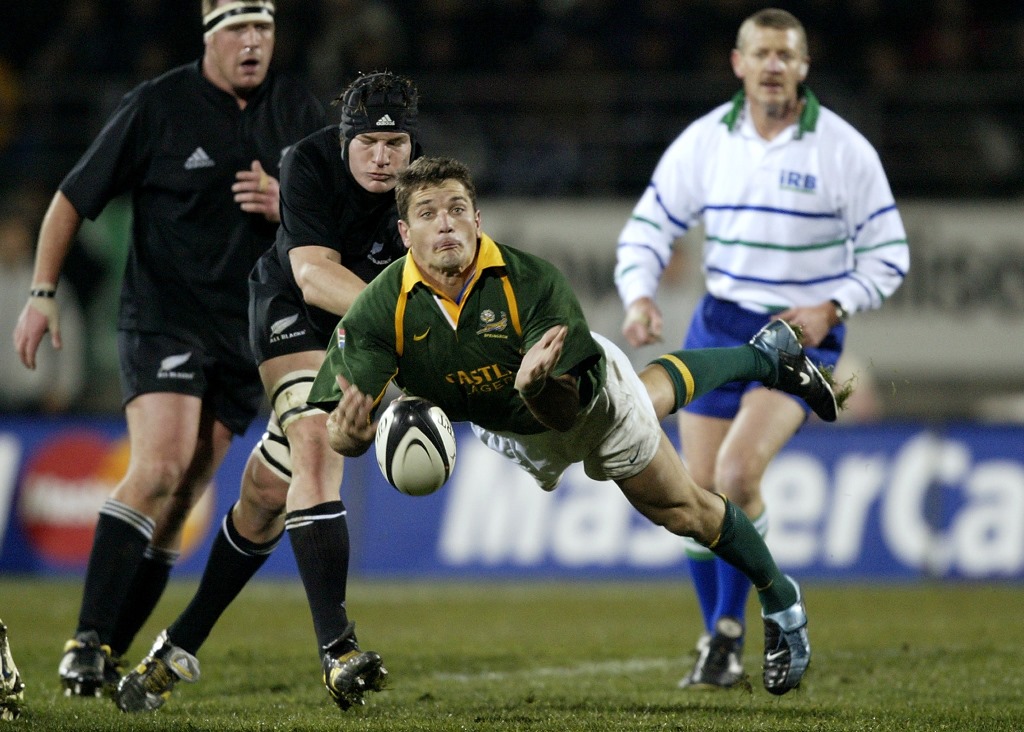
Joost van der Westhuizen (Blue Bulls and South Africa)
Died February 6 aged 45
One of the best scrum-halves the game has seen and one of the great Springboks in that nation’s illustrious rugby history, van der Westhuizen finally lost his six year fight with motor neurone disease, a horrid illness that he fought with great courage and tenacity.
Van der Westhuizen had originally noticed some muscle weakness in his left arm in 2008 and was diagnosed with MND in 2011 after which he devoted his final years to his young family and fundraising for his J9 charity to assist research into the condition.
As a rugby player Joost – he was known simply by his first name – offered up the unique combination of being both a world class No.9 and, on many occasions, his team’s main strike runner and try scorer. In 89 Tests he bagged a remarkable 38 tries.
Tall, agile and blessed with searing pace – both off the mark and from long range – van der Westhuizen first made his mark as a Sevens player, appearing for South Africa at the 1993 World Cup at Murrayfield and going on famously to lead a young Boks squad to the 1997 World Cup Final against Fiji in Hong Kong during which he played some of his best rugby.
South Africa’s World Cup triumph in 1995 was a team effort par excellence but if one player stood out in the tournament it was Joost and nevermore so than in the final when he took the fight to New Zealand, an in particular Jonah Lomu, despite the fact that he was already nursing throat and rib injuries. Around that time it was widely reported that he was the subject of various world record bids from Rugby League clubs but happily Rugby Union turned professional soon after and he could make his career at the game he loved best. He went on to skipper South Africa in the 1999 World Cup and also played in the 2003 tournament.
No stranger to controversy off the field – there were two acrimonious marriage break-ups – van der Westhuizen made the headlines one way or another throughout his short life but he will always be remembered for his rugby and the manner of his leaving us. Undaunted and unbowed his spirit and defiance remained intact and his five-year raging against the dying of the light turned into an unlikely but glorious celebration of life despite the unnerving close proximity of certain death.
 Colin Meads (King County & New Zealand)
Colin Meads (King County & New Zealand)
Died August 20, aged 81
A legend of the game who epitomised the rugged, ruthless Kiwi forward that the game has come to fear and respect over the decades. All Black number 583, his Test career with New Zealand lasted for 15 years and totalled 55 Tests during an era when they were few and far between save on overseas tours and the occasional visits from the Lions.
He also played another 78 non- Test matches for the All Blacks on tour and captained the side 11 times. He played in the 1959, 1966 and 1971 Test series against the British Lions.
Meads was born into a farming family in Te Kuiti, in Waikato Province, and lived a famously rugged and outdoor life which accounted in a large part for his exceptional fitness and durability. On more than once occasion Meads played for his local Te Kuiti club the day after playing in an international for New Zealand.
Tending and shearing the sheep was a tough enough job but Meads and his brother Stan, also a notable All Black, were also responsible for clearing and maintaining over 100 acres of overgrown scrubland and bush, an almost full-time occupation at certain times of the year. He was always fit and ready to play and didn’t believe in warms ups, the half-hearted haka of that era was his warm up.
He was no angel. Meads was a great rugby player, much more skilful than some will acknowledg, but he was also the meanest of enforcers during those wild west days when, in the absence of replays and TMOs, self-policing was the norm.
Ironically his 76th minute dismissal against Scotland at Murrayfield in 1967 was probably unlucky with many willing to accept he was making a genuine attempt to fly-hack a loose ball when his boot made contact with Alan Hastie. Certainly, the Scotland fly-half jumped up immediately, no harm done, and went over to Meads and gave him a friendly tap on the shoulder to signify he was ok with everything.
But he got away with plenty. He knocked out David Watkins – half his size – with a punch when the Lions toured in 1966 and broke Jeff Young’s jaw with a short armed jab when Wales visited in 1969. It should be added that Watkins bore him no malice and wrote to him in 1967 insisting his dismissal at Murrayfield had been wrong.
He also ended the legendary Ken Catchpole’s first class career in 1968 when he grabbed the Aussie’s leg when he was pinned under a ruck and managed to tear Catchpole’s hamstring off the bone and rupture groin muscles.
Ultimately, though, he will be remembered as a rampaging forward and a force of nature who helped forge the template for every subsequent All Blacks team.
 Brian ‘Stack’ Stevens (Cornish Pirates, Cornwall, England and Lions tourist)
Brian ‘Stack’ Stevens (Cornish Pirates, Cornwall, England and Lions tourist)
Died October 10 aged 76
Cornish farmer and a rock of a man who made over 500 appearances for the Cornish Pirates and won 83 Cornwall ‘caps’ as well as playing in 25 internationals for England. He was called up as a replacement on the 1971 Lions tour of New Zealand and was asked to tour with the 1974 Lions but had to decline because he couldn’t afford to be away from his farm for nearly four months.
In one notable two-year period he was a member of the England team that defeated South Africa at Ellis Park, New Zealand at Eden Park and then completed the Southern Hemisphere treble by beating Australia at Twickenham. A few months later he also tasted a rare victory, in the 70s, over Wales, with England winning 16-12 at Twickenham.
At one stage mid career it seemed that Stack was going to get overlooked for high honours so for a season or so he reluctantly left Penzance and the Pirates and commuted up to Harlequins every week where he was a popular addition to the team.
He used to arrive back home in Penzance on the milk train every Sunday morning. The temporary move worked and a regular England place followed.
His front row partner, Roger Harris, England’s regular reserve hooker behind John Pullin told the tale that Stack, as folklore has always insisted, did indeed attend his first England session wearing jeans instead of tracksuit bottoms.
“I ran out onto the pitch and saw this apparition in a dirty old torn rugby shirt and a pair of full-length and badly ripped jeans trotting about the field. I did a double take and realised it was Stack,” recalled Harris. “Sure enough within five minutes some poor mug had taken pity on him and provided him with some pristine England training kit. Of course he just gave me a knowing wink.”
 Willie Duggan (Blackrock, Ireland and Lions)
Willie Duggan (Blackrock, Ireland and Lions)
Died August 28, aged 67
Duggan’s hardman image went before him, as did his liking for a fag and a drink, but none of that should detract from a natural athlete and footballer who for a while in the 70s, after the departure from the scene of Mervyn Davies, was the best No.8 in Europe.
He was ever present in the 1977 Test series for the Lions when their pack gave the All Blacks a roasting, only for their backs to misfire in difficult muddy conditions. A player of some longevity he was still going strong in 1984 when he captained the Ireland team before announcing his retirement.
Having begun his career at his native Kilkenny, Duggan moved to Blackrock College where his career took off. In total he won 41 Ireland caps – 39 at No 8 and two as a flanker – and probably reached his peak in 1982 when he formed a famously ferocious back row with John O’Driscoll and Fergus Slattery.
Duggan is at the centre of many affectionate stories, most of them true. His definition of a warm up was to sit in his car having a smoke with the heater on full blast. On one occasion he was smoking a cigarette as he ran onto the pitch to play against France, passing the cigarette to the non-plussed referee Allan Hosie, just before being caught by the BBC cameras. Another time he was told by the Ireland coach that if he gave up the smokes he would be faster around the pitch. Duggan’s reply? “But then I would spend most of the match offside.”
In January 1977, he became, along with Wales’ Geoff Wheel, the first player to be sent off in a Five Nations match. Duggan was asked by the referee “would youmind leaving the field”, to which he replied: “Not at all. I was buggered anyway.”
Sione Luaki (Waikato Chiefs, Pacific Islands and New Zealand)
Died February 12 aged 35
Muscular and extremely physical Tongan who represented the Pacific Islands combined team before being head-hunted by New Zealand for whom, briefly, he blazed a trail for the All Blacks in 17 Tests often in concert with Jerry Collins and Richie McCaw.
Thereafter beset by fitness and disciplinary problems as well as debilitating kidney and heart problems that were diagnosed in 2012 in France, where he enjoyed spells with Clermont and Bayonne.
Dan Vickermann (Waratahs & Australia)
Died February 18 aged 37
Athletic and uncompromising South African who was educated at Diocesan College Cape Town before emigrating to Australia where he made his name, initially with the Brumbies and then with the Waratahs before going on to win 63 Wallaby caps.
Struggled badly with injuries in the second half of his career but made a number of comebacks while he also represented Cambridge in the 2009 Varsity match. Took his own life, reportedly the night before he was due to address a seminar on the problems facing elite athletes making the transition back to a ‘normal’ life.
Eli Norkett (Wales)
Died February 25 aged 20
Bright young star of the Wales Women’s team who was tragically killed in a car crash near Glynneath, near her home in Port Talbot. First picked for the Wales team as a 17-year-old when she was playing for Neath Athletic. She also represented Wales at the World Cup in France that year when she was the youngest player at the tournament.
Lloyd Williams (Wales)
February 25, aged 83
Former Cardiff and Wales scrum-half who won 13 caps for Wales including three as captain, and made 310 first team appearances for Cardiff. One of eight rugby playing brothers from Taffs Wells – Tony, Bleddyn, Cenydd, Elwyn, Lloyd Williams, Vaughan, Brinley and Gwyn – who all represented Cardiff, the most noted of course being legendary Lions centre Bleddyn.
David Perry (England)
Died April 8 aged 79
An athletic no-nonsense No.8 who was a fixture in the England pack between 1963 and 1966 when his career ended in rather unnecessary circumstances.
At a time when there were no replacements, he played on despite a nasty knee injury and incurred so much extra damage that he was unable to play again. He transferred his considerable energy to a flourishing business career eventually becoming the managing director of Waddingtons where he managed to fend off various take over bids by Robert Maxwell.
Viorel Morariu (Romania)
Died May 23 aged 85
A leading light and stalwart of Romanian rugby during the good times and bad times as a player and administrator.
Represented Romania on 22 occasions as a flanker and captained the side before he turned to coaching and administration. Struck up a firm friendship with an old opponent from a Cambridge University tour of Romania and with the support of other influential figures managed to keep the Romanian rugby flag flying in the turbulent years after the overthrow of President Ceausescu. Received the Vernon Pugh award for Distinguished service to Rugby Union in 2012.
Tom Van Vollenhoven (Blue Bulls, South Africa and St Helens RL)
October 21 aged 82
Phenomenally quick wing who made his name for the Boks against the 1955 Lions with a notable hat-trick in the second Test. Two years later he signed for St Helens after the Rugby League club had failed to land Tony O’Reilly. The Irish wing told them that if they wanted the world’s best they needed to go in search of Van Vollenhoven. The Bok was an instant and lasting success in League, scoring 392 tries in 409 games for St Helens. Twice scored six tries in a match in 1958-59 when he claimed 62 tries. Took the ball as close as possible to the posts.
John Faull (Swansea, Wales & Lions)
Died June 21 aged 83
Played full-back and centre for Swansea before switching to the back row with great success. As a hard-tackling, strong-running centre helped Swansea to draw with 1950 All Blacks in only his third game of senior rugby when he kicked the two penalties for 6-6. Moved into the back row in 1955 and was first capped by Wales in 1957 before earning selection for the 1959 Lions when he played in one Test against Australia and three against New Zealand, including the famous win at Eden Park, the last time the Lions won a Test there.
Tomasi Rabaka (Fiji)
Died June 24 aged 52
Fiji is known as the land of runners and steppers and Tomasi Rabaka was no slouch in that department.
But he is most revered in Fiji for the two huge dropped goals he kicked against Romania in the 1991 World Cup which helped secured a notable win for the Pacific Islanders.
Played for the Brothers club in Votualevu but was forced to retire at the age of 27 after being seriously injured in a hit and run car accident.
Simon Clarke (Blackheath & England)
Died October 12 aged 79
Talented and rather underrated scrum-half who succeeded Dicky Jeeps and was a key member of England’s Championship winning side of 1963.
Also showed up well during England’s first ever overseas tour to New Zealand and Australia later that year. His last Test was against Scotland in 1965 when his sharp eye for the counter attack saw England move the ball to Andy Hancock on the left wing with Hancock sprinting home from 90 yards out.
Played First Class cricket for Cambridge University and Combined Services.
Jean Barthe(Lourdes & France)
Died September 2 aged 85
Wonderfully versatile back five forward from Lourdes who uniquely played for and captained both the France Rugby Union side – for whom he won 26 caps – and then, one year after he turned professional in 1959, he captained the French Rugby League team at the World Cup. As a Union player he helped Lourdes to three French titles and France to the 1958 Five Nations Championship, while as a League player he won French titles with Roanne and Carcassonne.
Dedicated much of his later life to spreading the rugby word throughout French-speaking Africa.
Ken Catchpole (New South Wales & Australia)
Died December 21 aged 78
Brilliant Aussie scrum-half rated the best in the world for much of the 60s. Renowned for his lightning quick service, Catchpole was the key player in the Wallabies‘ series win over South Africa in 1965 and wins over Wales and England during their British tour in 1967. Then RFU President Dougie Harrison described him as the greatest scrum-half of all time. Won 27 caps but it should have been more. He was forced to retire in 1968 when he suffered an horrific hamstring and groin injury when Colin Meads yanked him free from a ruck by his leg.


British and Irish Lions
Weekend Talking Points: Final audition for the British and Irish Lions

International Rugby
Rory Darge eager to test himself against Fiji’s ‘benchmark for physicality’

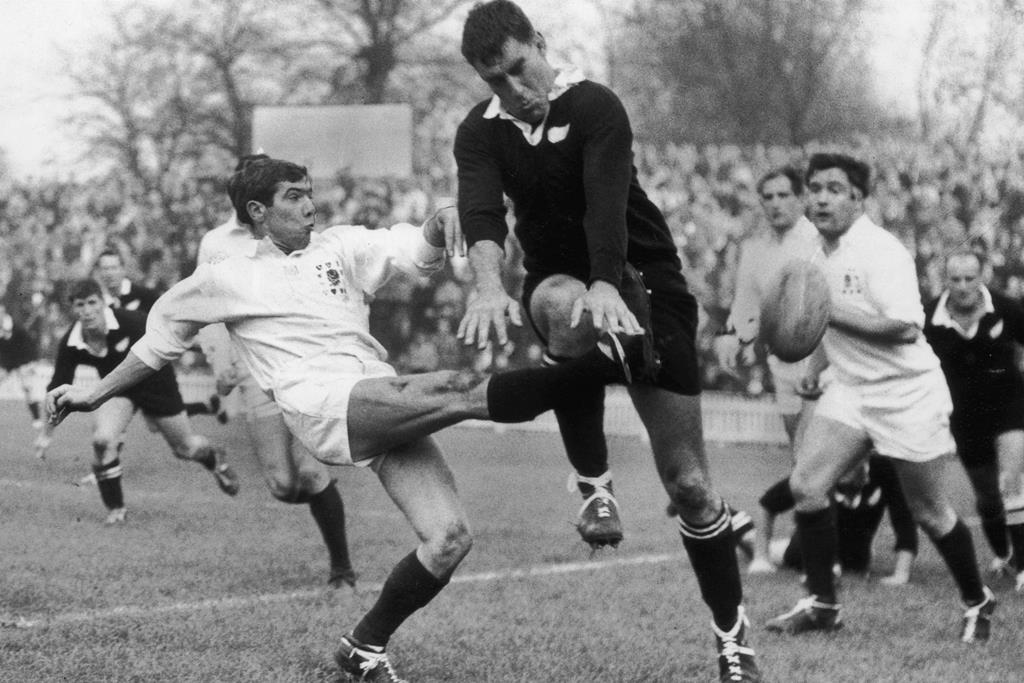 Colin Meads (King County & New Zealand)
Colin Meads (King County & New Zealand)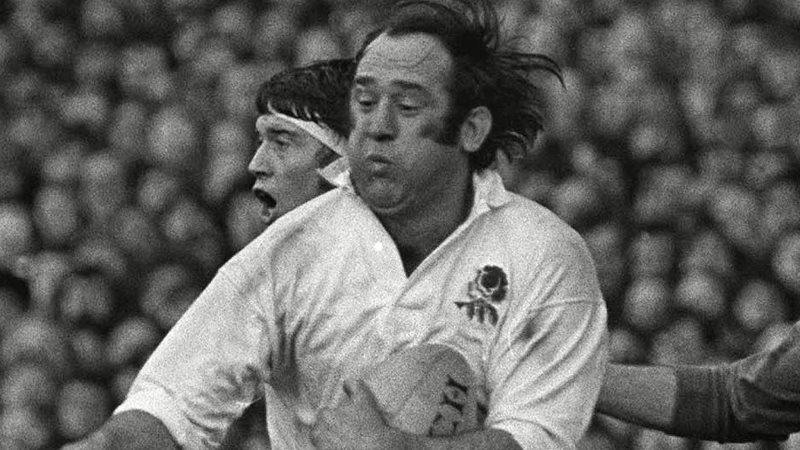 Brian ‘Stack’ Stevens (Cornish Pirates, Cornwall, England and Lions tourist)
Brian ‘Stack’ Stevens (Cornish Pirates, Cornwall, England and Lions tourist)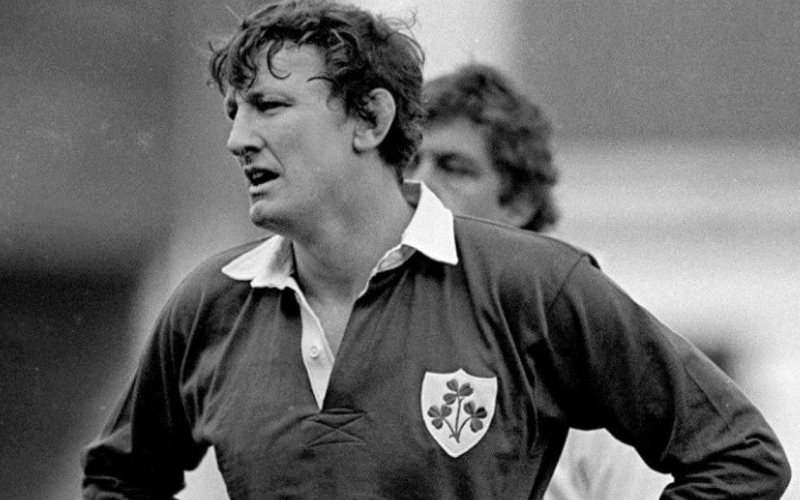 Willie Duggan (Blackrock, Ireland and Lions)
Willie Duggan (Blackrock, Ireland and Lions)

















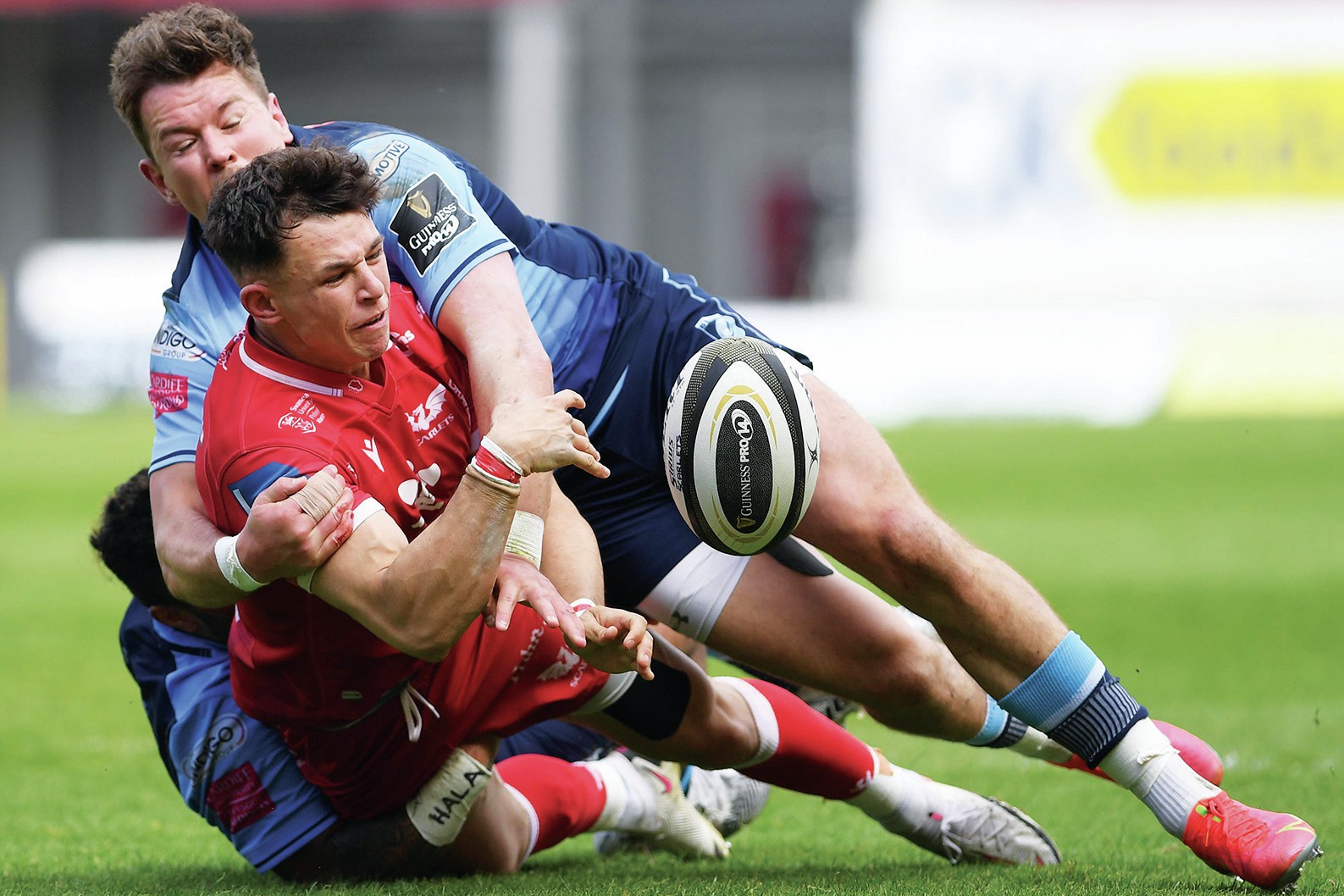
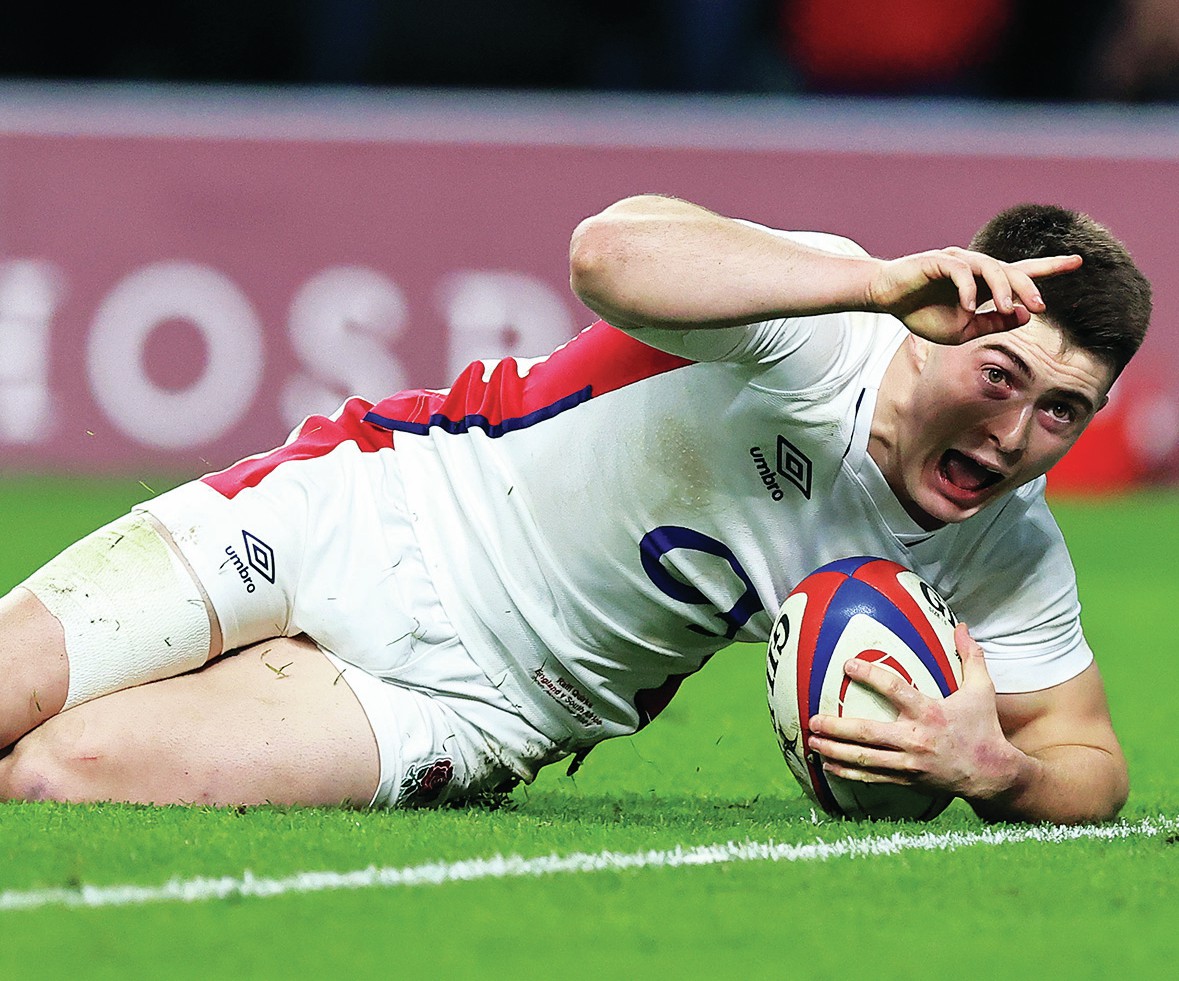
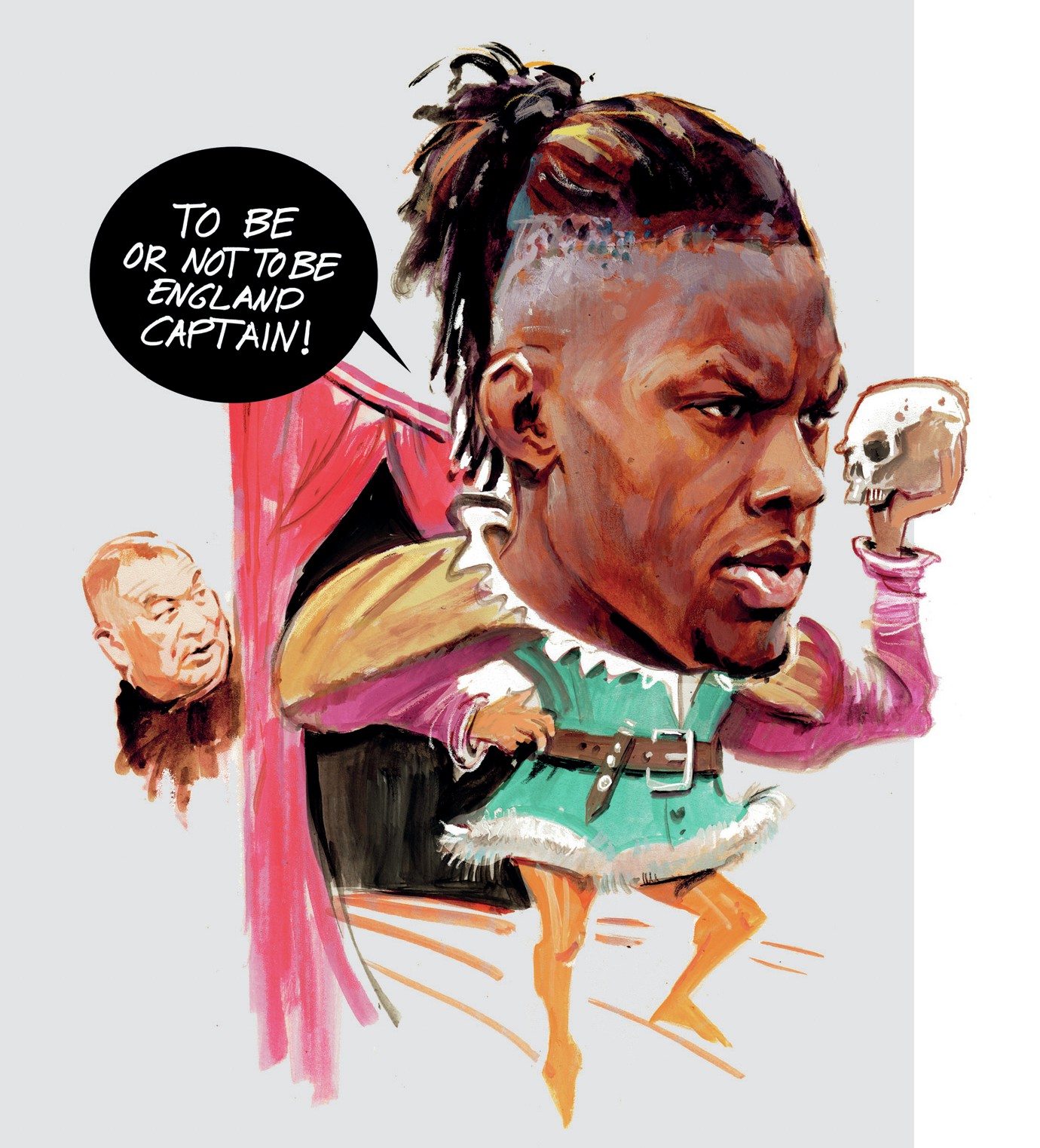


You must be logged in to post a comment Login